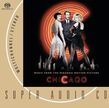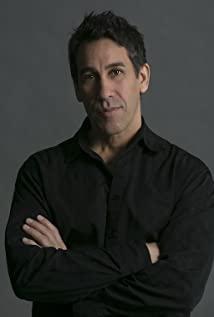This film shows the feasting Chicago in the 1920s vividly, with rich three-dimensional characters, wonderful song and dance performances, reversal plots, and satirical details are the highlights of this play. Lawyer Flynn's testimony to Roxie made Roxie more eye-catching. The more dramatic the story, the more in line with the public's opinion. The real facts have been ignored, and the dramatic plot is what the media favors. At the same time, the lawyer's method is even more admirable. Roxie's diary is a reversal climax. Let Velcro report this diary to kill two birds with one stone, and rescue Roxie and Velcro at the same time. But the tribute to this process is money? Money can buy "mama" in prison, $100 a phone call, $5,000 can win lawyer Flynn's defense. This drama reflects the social status quo at that time, so why not now. Money comes first, entertainment to death, we are like the spectators in the ups and downs and the protagonists. The most ironic thing in the movie is that the newspapers had already printed "innocent" and "guilty" newspapers before the results of the Lockhey trial came out. What is even more ironic is that when Lockheed ended the trial and was eager to become famous, she was no longer the focus of society and the darling of the media. Attorney Flynn looked at her and said with a smile: "In Chicago, kid, you can't beat the fresh blood on the walls".
View more about Chicago reviews











